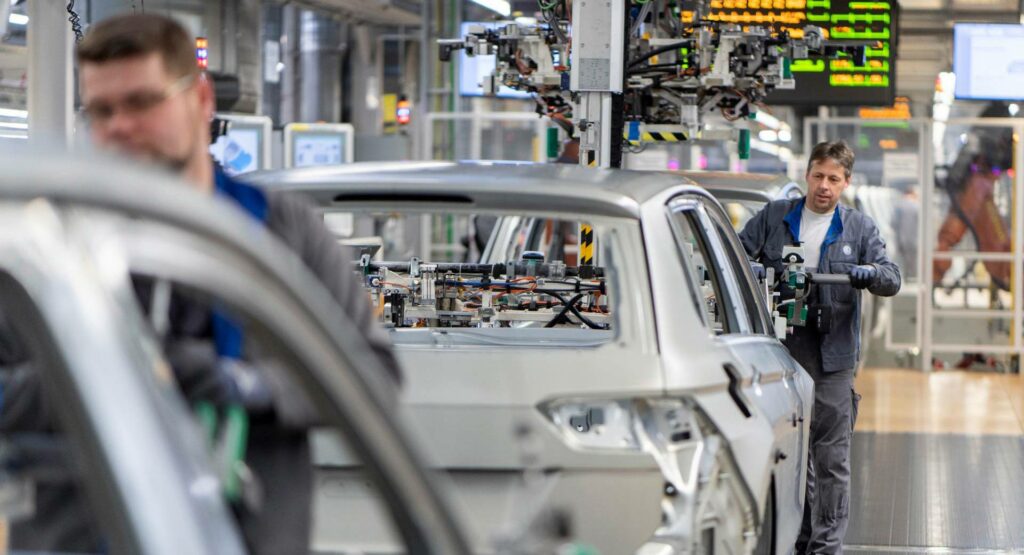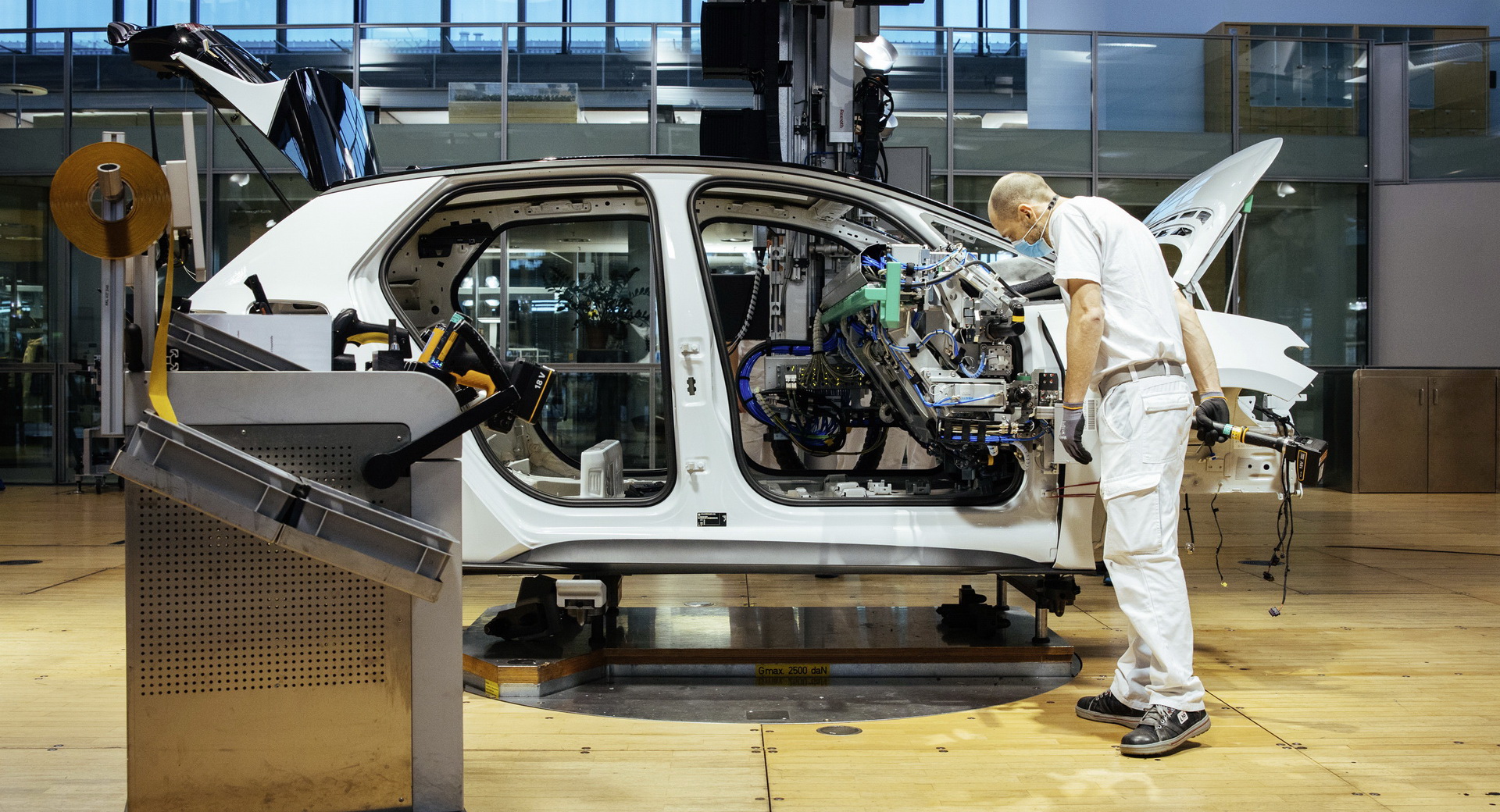Volkswagen expects semiconductor shortages to continue into 2023 and says the supply chain disruptions experienced over the past two years will become the “new normal.”
While recently speaking with German publication Automobilwoche, Volkswagen head of procurement Murat Aksel noted that geopolitical concerns with leading chip manufacturers have created new and challenging issues.
“With the new geopolitical issues, if anything, it’s going to get even more complex and challenging,” Aksel said. “Investments for new capacity are now on track, but there will probably still be a structural shortfall in semiconductors up to and including 2023.”
In February, Aksel had told the media that the chip shortage could resolve itself this year but his outlook has clearly changed.
Read Also: Stellantis Output May Drop By 220,000 Vehicles In Italy This Year Due To Chip Shortages
The German car manufacturer has been doing what it can to reduce the impact of the shortage throughout the year. In early 2022, it had to cut output at its Wolfsburg plant and introduced an early warning system designed to detect supply shortfalls which had helped it identify 150 technical alternatives to semiconductor chips, Fortune reports.
Furthermore, Volkswagen has moved to reduce its reliance on semiconductors from leading South Korean manufacturers. Its Cariad software division recent entered into an agreement with both European semiconductor supplier STMicroelectronics and Taiwan’s TSMC to create a more stable supply of chips.
Research reveals that car manufacturers have had to cull 3.23 million vehicles from production due to chip shortages this year. This comes on the back of more than 10 million units being lost in 2021. North America and Europe have been hit particularly hard with production decreasing by 1,147,000 units in North America and 1,089,000 in Europe. Analysts expect 2022 to end with 4,071,200 vehicles lost due to the shortage, Auto News reports.





